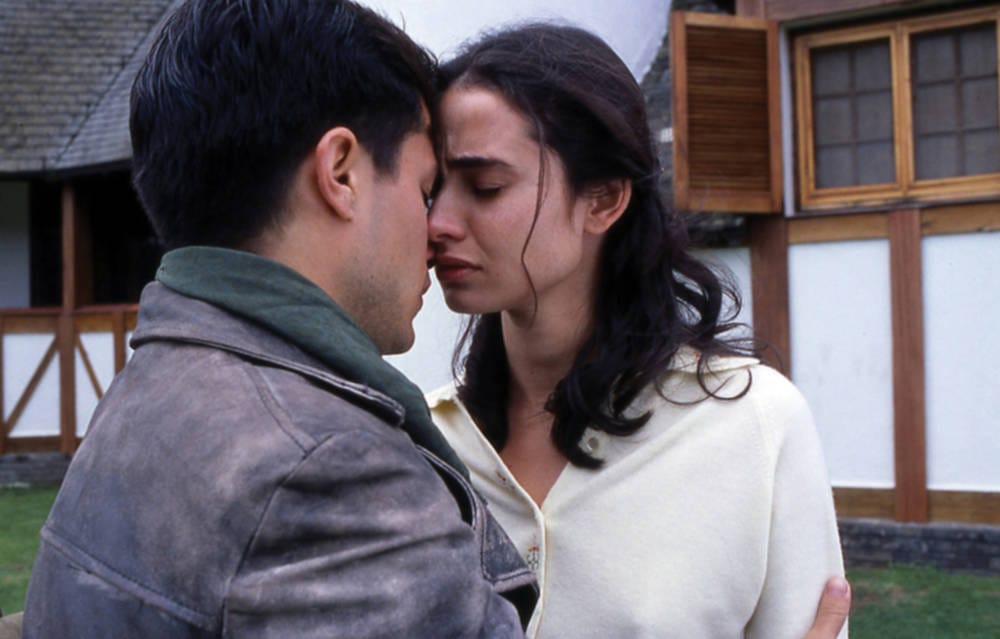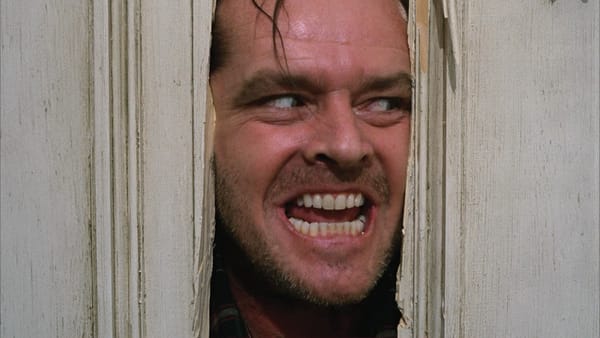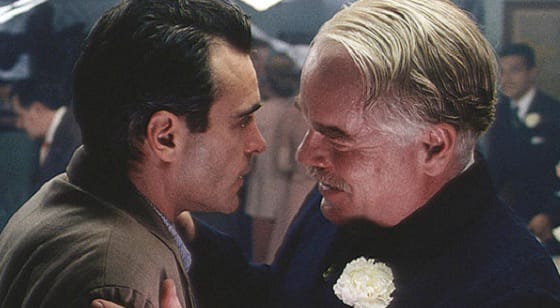Genuinely interesting diaries
Despoina Paschou is glad to have finally watched the Che Guevara documentary

Well, there are some films that when you are a bit too pretentious, you always act as you have seen them (I am one of thefew people on this planet to admit that I have yet to watch The Godfather trilogy. And I am too pretentious for my own good). In the past decade, Walter Salles’ The Motorcycle Diaries (Spanish: Diarios de Motocicleta), came to be added in this list.
From pseudo-Marxist friends to my dad, everyone was looking at me wide-eyed when I said that I haven’t seen this film (in my dad’s case, he even knew the director’s name – I thought his range was only Coppola and Scorsese. Wrong). It has always been one of those things in the back of my mind. I always think of watching but never actually do. Thankfully, around London there are some very pretty charity shops, and one of them happened to sell the DVD for a reasonably low price. Behind every big move, there is a significant reason. In this case, the movie examined the reasons that ignited the desire of Ernesto “Che”Guevara (then without the nickname) to free the lands South America. But this is far from a political movie. This is an ode to friendship, love, being young and full of life and ideas.
Watching the film was an overall kind of experience. First of all, it is visually arresting. The beautiful landscapes of South America make you stare at the screen mesmerised. They are not portrayed ideally beautiful, with blasts of colour here and there. On the contrary, they are bared to their true beauty, sometimes raw, sometimes softer. From the dry roads to the snow-filled mountain tops, you fall in love with this continent and realise one of the reasons why the future Che would go in the revolution. On the other hand, the cast of the movie, from the protagonists to the extras, are all realistic faces, people you would see in your everyday life, people you’d expect to live back in the day. People you can relate to and make your visual trip easier and enjoyable.
By mentioning the cast, it is unavoidable not to refer to the great talent Gael Garcia Bernal is. I had a crush on him for ages. It is because of his cute face for the most part, but this guy is an undeniable talent. His body oozes idealism, kindness and good motives. I have not studied Guevara thoroughly to know his moves, gestures and general way of moving. But what I could certainly tell from Gael Garcia Bernal’s approach is that he made his character come across as a person that would do every single gesture that the character in the movie did.
The prominent well intentioned motives of Guevara were a very good ground for the contradiction that was built between him and his co-traveller Alberto Granado (Rodrigo de la Serna). Granado comes across as a less well-intentioned man, as someone that puts his survival above all. Maybe that was my main problem with the movie – the way that Guevara’s selflessness was thoroughly promoted by Granado’s more selfish ways. I believe that sometimes the whole comparison issue made the movie lose bits of its charm and was too obvious for the average viewer, making Granado quite unlikeable sometimes, even though at the end of the day he proves to be a loyal friend and a good human being.
Set aside this, the movie handles its themes in an excellent way. The last act of the film, that take place in the leprosy sanatorium, reveals Ernesto as a different person, if not ready to become the icon he later embodies, at least be someone with a fierce desire to make people’s lives better, sacrifice himself, because he honestly loves them. He honestly wants to provide all support possible – from medical to emotional.
The future Che sets an excellent example of how ideas can be incarnated and how we can change the world, little by little. His adamant position and opinion remained stable, despite all the difficulties he may have confronted. Even when he can use money for his own benefit (or, in this case, actual needs), he prefers to give it to people in need. His whole icon and what he generally represents make you root for the character, moving further from the historical figure he grows to become.
Salles’ first effort away from his homeland and native language (he is Brazilian) does not seem like a too hard one. He handles perfectly the landscapes of the rest of his home continent, and makes them home to you, yet something magical you would like to discover someday.
Another exceptional point of the film is its comic undertone, that adds to its realism and moves away from the self-seriousness a biopic of a figure as Che could have carried. On the contrary, makes the movie even more realistic and moves you away from the danger of becoming bored to death or feeling like you are taught a lesson by the movie – you are taught zillions of them, but you actually enjoy it.
The density and beauty of this movie come gently into your soul and after its two hours elapse leave you with a feeling of satisfaction, of a spiritual nutrition that makes you want to change the world; not because you want to cast your mark upon humanity, but because you love this goddamn world. In times like these, this is one desire we should embrace more, one that should be born in ourselves and take over.









